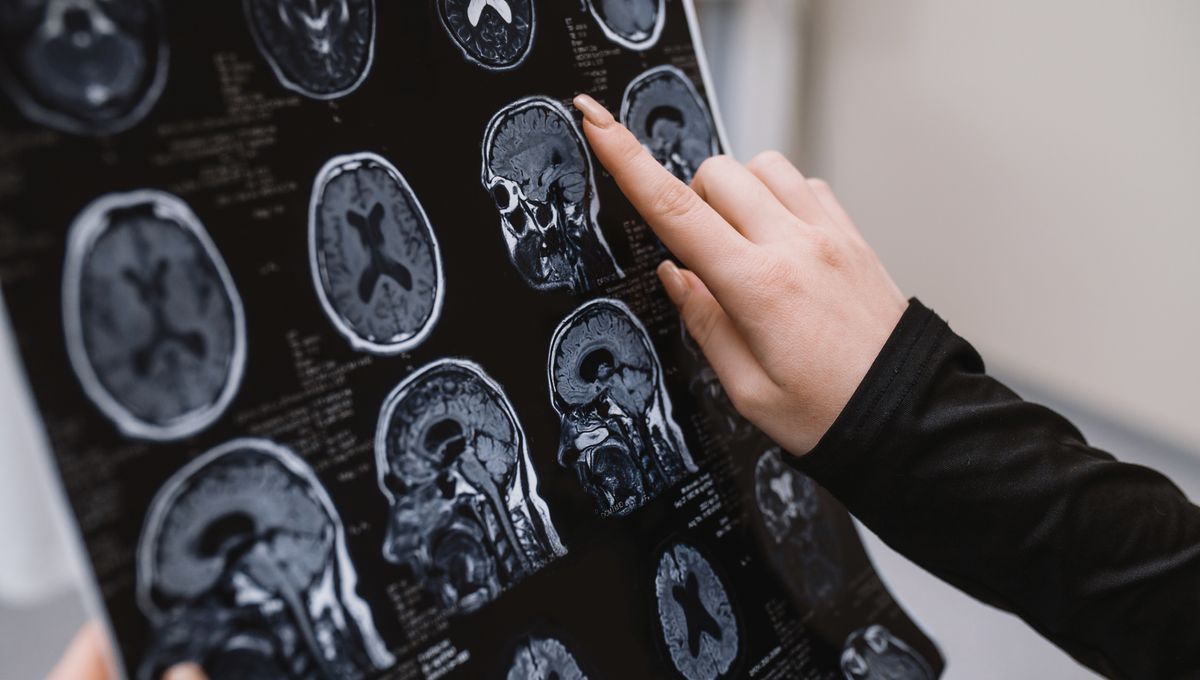
A handful of puzzling cases in a brain bank of over 5,000 donated samples – these are the people identified in a new study from the Netherlands as having had asymptomatic Alzheimer’s disease. These individuals are known as “resilient” to the disease, and scientists are only just beginning to uncover the secrets inside their brains.
The Netherlands Brain Bank in Amsterdam is a hugely important resource for neuroscience researchers. Brain tissue samples from people with a range of neurological and psychiatric conditions, as well as from those who die without any evidence of brain disease, are held along with a precise account of their diagnoses and a copy of each donor’s anonymized medical record.
This level of detail allows scientists to compare the pathology inside someone’s brain tissue with a record of the symptoms they were experiencing in life.
Recently, a team led by Luuk de Vries of the Netherlands Institute for Neuroscience identified some puzzling anomalies amongst this wealth of data. Some people’s brains showed all the hallmarks of Alzheimer’s disease – but, when their medical records were checked, it became clear they’d never shown any symptoms.
“What is happening in these people at a molecular and cellular level was not clear yet,” explained de Vries in a statement. “We therefore searched for donors with brain tissue abnormalities who did not show cognitive decline in the Brain Bank. Of all the donors we found 12, so it is quite rare.”
There are some lifestyle factors that are thought to help delay the onset of Alzheimer’s disease and other forms of dementia in at-risk people. World Health Organization guidelines released in 2019 summarized several of these factors, including quitting smoking, limiting alcohol consumption, and maintaining a healthy diet and exercise regime.
“It has recently also been found that those who receive a lot of cognitive stimuli, like through a complex job, can build up more Alzheimer’s pathology before developing symptoms,” added de Vries.
However, the evidence behind many of these factors is mixed, and there’s still a lack of clarity about what might be happening at the molecular level in the brains of resilient people. To investigate further, the researchers looked at the gene expression profiles in tissue samples from 35 donors, including some with documented Alzheimer’s disease dementia, some with no evidence of Alzheimer’s disease, and some from the small resilient group.
“When we looked at gene expression, we saw that a number of processes were altered in the resilient group,” de Vries explained. “First of all, the astrocytes appeared to produce more of the antioxidant metallothionein.”
Astrocytes are star-shaped supportive cells (glia) within the brain that de Vries likened to “garbage collectors”. It would make sense that those who are able to resist the symptoms of Alzheimer’s for longer might have more efficient astrocytes.
“Astrocytes often also ask for help from microglia, but because they can be quite aggressive, they sometimes worsen inflammation. In the resilient group a microglia pathway that’s often linked to Alzheimer’s disease appeared to be less active,” de Vries continued.
“In addition, we saw that the so-called ‘unfolded protein response’, a reaction in brain cells that automatically removes a misfolded toxic protein, was affected in Alzheimer’s patients, but was relatively normal in resilient individuals.”
As well as these mechanisms helping to keep the brain “tidy” and the environment healthy, the team also found evidence that resilient brains might have better energy production thanks to more mitochondria. Their findings are summarized in a handy infographic that you can view here.
But as interesting as all these results are, this is really just the start of the story. More experiments are now needed to start to tease apart how someone’s genetic and lifestyle factors might combine to offer them protection against a disease that currently affects approximately 6.7 million in the US alone.
“It remains difficult to determine from human data which process initiates the disease process. You can only demonstrate this by changing something in cells or animal models and seeing what happens next,” de Vries concluded.
“That is the first thing we have to do now.”
The study is published in the journal Acta Neuropathologica Communications.
[H/T: Medical News Today]
Source Link: Alzheimer’s Disease With No Symptoms? 12 Very Unusual Cases Are Showing How